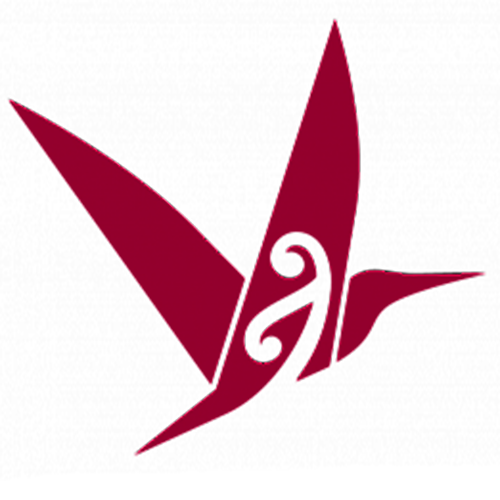School Board
About the Board
The Nayland College Board consists of elected and appointed/co-opted members of Nayland’s community, a student representative, a staff representative and the Principal.
The Board is responsible for the governance and the control of the management of the school. It is the employer of all staff in the school and is responsible for setting the school’s strategic direction in consultation with parents, staff and students, and for ensuring that the school provides a safe environment and quality education for all students.
The Board is also responsible for overseeing the management of personnel, curriculum, property, finance and administration.
Contact the Board
The Board may be contacted by emailing the Board Secretary Belinda Lee (belinda.lee@nayland.school.nz) or by letter addressed to:
The Board Chair
Nayland College
166 Nayland Road
Stoke, 7011
Nelson
The New Zealand School Trustees Association website provides more information on school boards. www.nzsta.org.nz/
Policies, Annual Report and forms
All important Nayland College forms and policies are available on our school document website. www.schooldocs.co.nz
Username: nayland
Password: kuaka
Education Review Office (ERO) Report
Please click here to view our ERO Report
School Charter and Strategic Plan
Nayland College Strategic and Annual Implementation Plan 2024-2025
Nayland College Annual Financial Report
Nayland College 2024 Annual Financial Report
Nayland College Attendance Management Plan
Nayland College Attendance Management Plan January 2026
Current members of the board are:
Mrs Rachel Robinson (Presiding Member)
Mr Isaac Carnegie
Mrs Maxine Noar
Mrs Anne Cox
Mr Taifau Sau
Mrs Tamara Allen
Mr Daniel Wilson (Principal)
Mrs Rachael Purdie (Staff representative)
Luke Halcrow (Student elected)
Click here to view the minutes from our most recent Board meeting.
Click here to view the agenda for our next meeting.

"Leaders relentlessly develop and pursue the school’s vision, goals and targets for equity and excellence. They have worked to build relational trust at all levels of the school and community to support openness, risk taking and collaboration for improvement. A shared understanding of effective systems and processes has led to school-wide coherence in teaching and management practices."
- Education Review Office Report 2020
